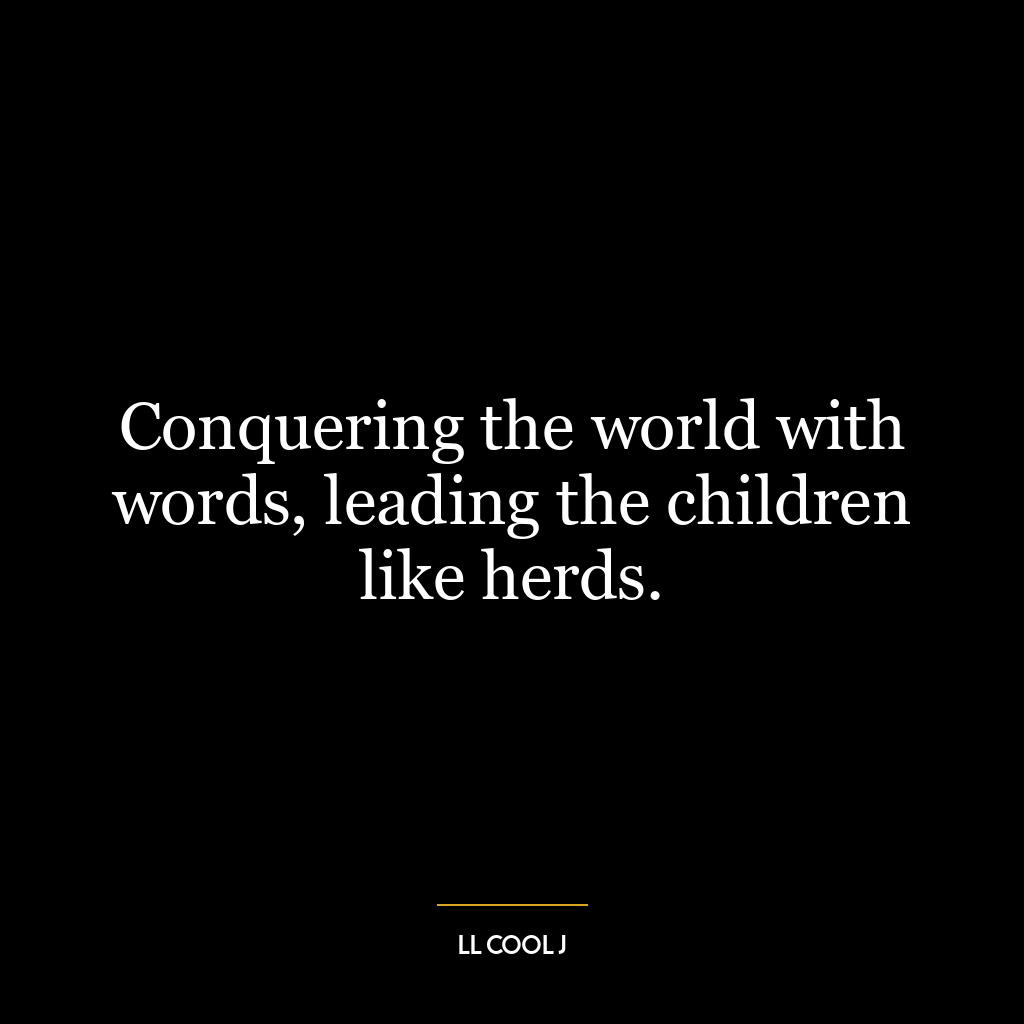We can rationalize anything and easily quit on ourselves. Leadership is refusing to quit on others.
This quote suggests that human beings have a unique capacity to justify their actions, even when they may not be the best or most ethical. This ability to rationalize can often lead us to take the easy way out, to quit when things get tough, especially when it comes to personal goals or self-improvement. However, the essence of leadership lies in the ability to resist this temptation to quit, especially when it comes to other people.
The second part of the quote emphasizes the responsibility of a leader to not give up on the individuals they are leading. This can be seen as a call to action for leaders to step up and be the source of motivation and persistence, even when the individuals themselves may be ready to quit.
In today’s world, we often see this principle in action in various settings. In the corporate world, for example, effective leaders are those who can inspire their team members to keep going, even in the face of adversity. They do this not just through words, but through their actions – by demonstrating resilience, determination, and a never-quit attitude.
On a personal development level, this quote can be a reminder to not give up on ourselves or others, even when the going gets tough. It’s easy to rationalize quitting, to come up with reasons why we can’t achieve our goals or why others can’t achieve theirs. But true leadership – whether it’s leading others or leading ourselves – involves resisting this temptation and continuing to push forward.
In the context of personal growth, this could mean continuing to strive for self-improvement, even when it’s difficult or when we’re not seeing immediate results. In the context of helping others grow, it could mean continuing to support and believe in them, even when they might not believe in themselves.
In essence, this quote is a powerful reminder of the importance of resilience, determination, and belief in the potential of ourselves and others. It’s a call to action to be the kind of leader who refuses to quit, no matter what.







